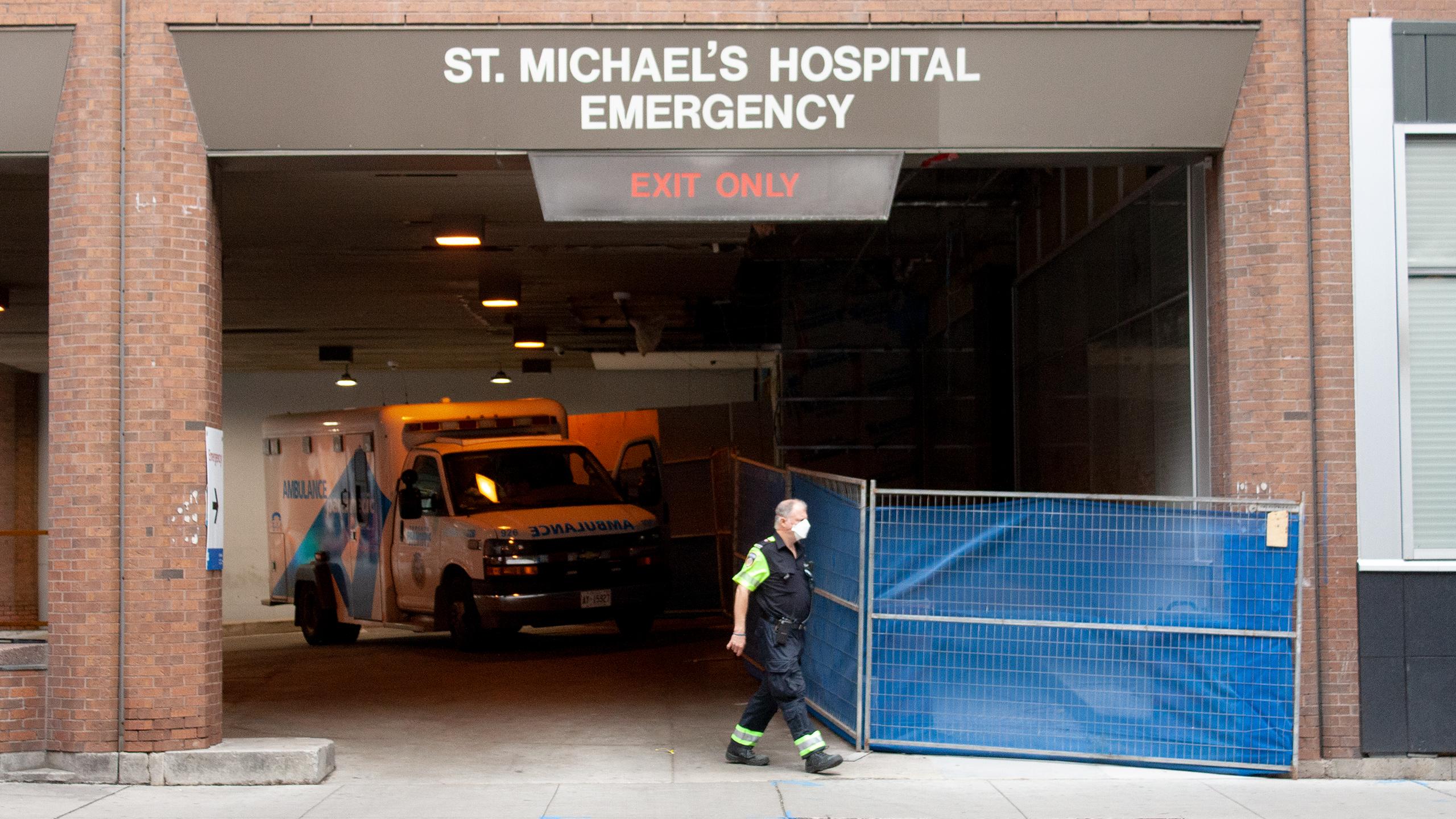By Lauren Battagello
Nursing students at Toronto Metropolitan University (TMU) are waiting to see whether new provincial legislation will include more privatization.
In August, Premier Doug Ford’s government announced privatization is “on the table” if it might help ease the strain on Ontario’s hospitals and clinics.
The provincial government is also introducing legislation to increase publicly-covered surgeries at private clinics to decrease backlog. The new system will also send senior patients waiting for spots in long-term care homes into an “alternative facility.” Further privatization has not yet been detailed.
This legislation comes after months of hospitals being over capacity and the cancellation of thousands of procedures to make room for COVID-19 patients, according to the Toronto Star.
The plans, which Ontario Nurses’ Association president Catherine Hoy called a “shuffling of deck chairs on the Titanic,” further complicates what the industry will look like for graduating nursing students.
“It does make me scared of entering the public field. I feel like nurses are not being supported [in] the way they should [be],” said Vrunda Panchal, a second-year nursing student. “There is a need to hire more nurses and give them more staff and resources and the quality of the workplace needs to be taken care of.”
Other students say some degree of privatization in healthcare could lessen part of the burden on public health nurses.
“Overall I would agree that a partial privatization for people who do need medical attention would be beneficial and alleviate that stress on nurses,” said Abigail Chang, a fourth-year nursing student.
Chang also explained that there is a significant job shortage in healthcare right now.
“We actually have a large population of young nurses and nursing students that are excited to start nursing,” she said. “I’ve been noticing that a lot of my colleagues, especially the ones that just graduated, are having a hard time finding full-time positions in a hospital.”
Staffing shortages are affecting hospitals all over the province, with two hospitals near Ottawa temporarily closing emergency departments because patient demand surpassed hospital staff, according to the CBC.
“I feel like nurses are not being supported [in] the way they should [be]“
“You would think, given the nursing shortage, they would be hiring left right and centre, but… there are actually not a lot of full-time positions available for nurses,” Chang said.
Professors in the school of nursing have their own opinions on how this will impact the healthcare sector.
“I am a Canadian citizen, it’s my home and I give credit to the public healthcare system but I’m not sure if I find myself [able] to support that kind of privatization,” said Professor Ajeer Al-Hamad. Al-Hamad worked as a nurse in a long-term care facility during the pandemic.
She explained that while the TMU nursing school’s curriculum is strong, there is more to the profession than physical demand and she believes privatization has the potential to increase the amount of stress on nurses.
“With this announcement of privatization…giving them extra payment to join private sectors doesn’t mean necessarily [that we’ll] solve the problem of the waiting list,” Al-Hamad said.
“You’re giving the chance for more stress, taking more of the competent healthcare workers towards a private sector, a private organization and you leave the public health sector with more shortage,” she said. “Extra struggles will be added to the public health system.”
For students nearing the end of their degrees, the already intense field now seems much more challenging.
“I think my outlook has definitely changed from the first year to now,” said Chang.
“There are a lot of my colleagues and friends that are now questioning our careers because of how stressful it is and we’re not even nurses yet.”













Leave a Reply